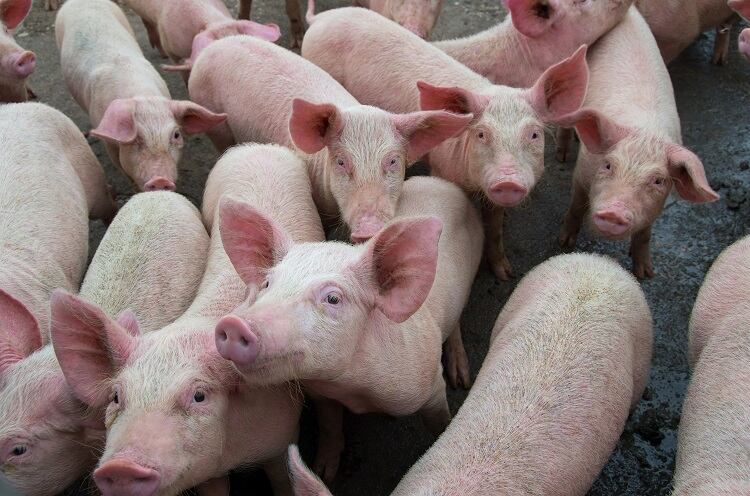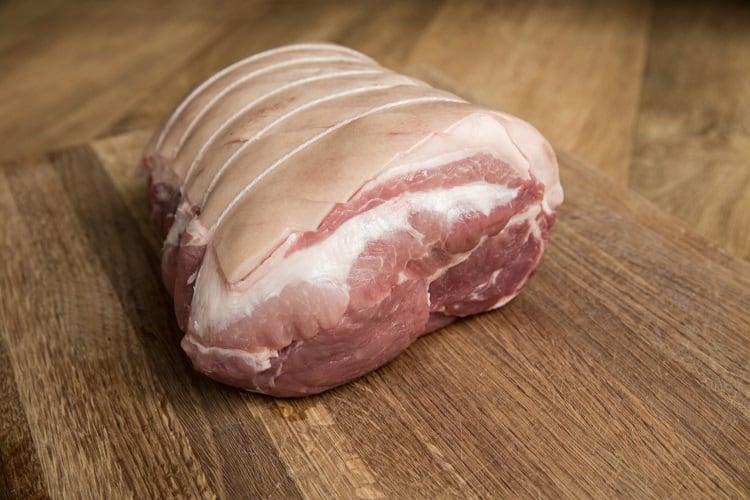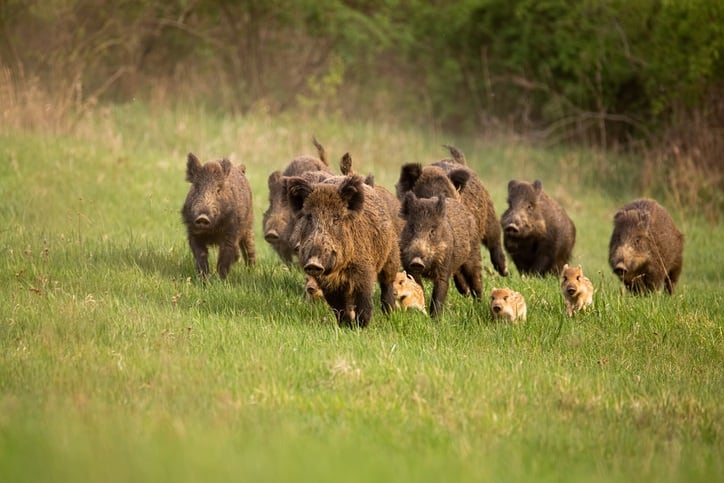This week, the World Organisation of Animal Health (OIE) confirmed all pigs, hogs and boars in Belgium are free from African Swine Fever (ASF).
The regained status comes more than two years after the September 2018 outbreak of ASF in Belgium. To be considered officially ASF-free, Belgium’s Federal Agency for the Safety of the Food Chain (FASFC) proved to the OIE that Belgium had experienced zero cases for a period of one year.
ASF in Belgium
ASF affects domestic pigs and wild boar by causing a virus. The disease is classified as epizootic and is controlled and regulated in both animal health law and swine fever regulation.
Infection of ASF is often lethal and can be easily transferred between wild boar and domestic pigs. This occurs through channels including direct infection, transmission via certain tick species, and direct contact between animals as well as the excretions of infected animals. The virus cannot, however, be transferred to humans.
According to the Belgian Meat Office (VLAM), the country’s strategy – since the 2018 detection – has been full eradication of the disease. “A wide variety of measures and actions were taken,” it noted. “Fencing, forests closed to the public, intensive search and destroy programmes, hunting and trapping – all proved to be key success factors in achieving this goal.”
The last positive case confirmed on a fresh wild boar carcass was detected 11 August 2019.
What does this status mean for trade relations?
Prior to the OIE’s decision, European law had already reinstated Belgium’s ASF-free status. This occurred 20 November 2020, when the European Commission abolished the regulated zones put in place after the outbreak of the virus in wild boar.
However, it is the OIE, and not the Commission, that has the final say on ASF status, where trade is concerned. “OIE is the body that says if a country is clear or not clear of an animal disease,” explained Gira Meat Director Rupert Claxton. “They are globally recognised and it is their say that leads to trade bans.”
As Belgium is one of Europe’s key pork producers – exporting more than two-thirds of its pork production – the 2018 outbreak was a blow to the market. The OIE’s decision is therefore ‘great news for Belgium’, Claxton told this publication, “which has missed out on the bonanza in export trade to China over the last 14 months.”
Further, the meat export said it will also help with the price pressure they are feeling from Germany’s ASF trade ban from China – which was instated just days after the first case of ASF was detected in Germany, in September this year.
“For Belgium, their all-clear means that they can ask China to lift the ban [with Belgium],” added Claxton, referring to the suspension in trade instated in 2018. “It probably won’t be instant, but it removes the barrier, and China will lift its ASF ban,” he told this publication.
For VLAM, the OIE’s announcement comes as a ‘relief’. “Importing countries will be provided with all the information necessary so they can lift ASF-related trade restrictions. Excellent news for importers!”




